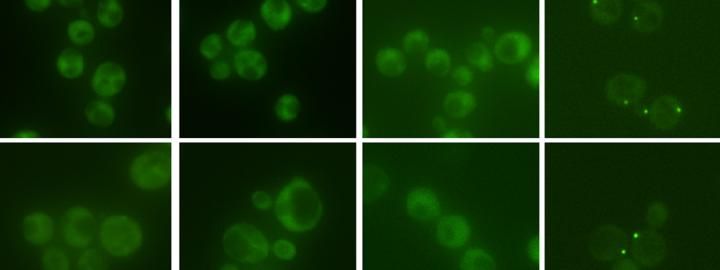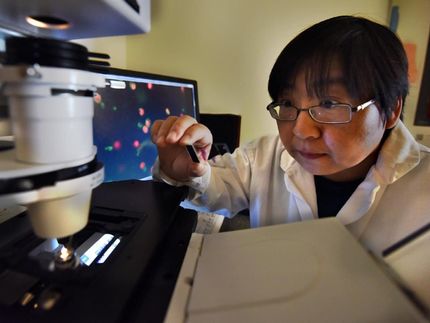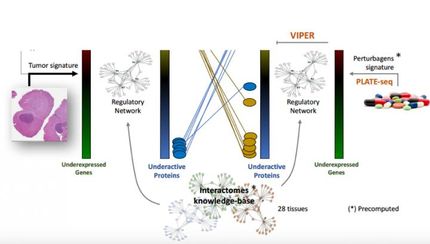New promise in disabling cancer's defences
Advertisement
Recent study out of the University of Ottawa opens door for new disease therapies in cancer, ALS, Fragile X Syndrome and others.

These are stress granules and P-bodies.
University of Ottawa
Part of what makes cancer cells so devastating is their ability to fight back against treatments -- sometimes they work, sometimes they don't. But what if we could take away cancer cells' defences altogether?
Researchers from the University of Ottawa have taken an important step forward to doing just that. Dr. Kristin Baetz says the results of a three-way research collaboration could open doors to new therapeutics to treat a variety of diseases, including cancer.
Dr. Baetz is an associate professor at uOttawa's Faculty of Medicine and Director of the Ottawa Institute of Systems Biology. Her lab studies stress granules (SGs), which are structures produced by the body's cells to protect against environmental stressors. Unfortunately, SGs also help cancer cells defend themselves against chemotherapeutic treatments, which can then lead to resistance to the common therapy.
"The first step in figuring out how to prevent this from happening is to understand how stress granules are formed and disassembled," explains Dr. Baetz, "and we now have key information."
Using yeast cells, her lab has identified a class of enzymes that play an active role in regulating SG formation. Deactivating this class of enzyme has a direct correlation to lowering SG levels.
Yeast cells are a highly relevant source of information about human cells as they mimic human cell biology.
"On the surface we may be very different, but at the cellular level humans and yeast are very much the same," says Dr. Baetz. "Given that similarity, our research is of direct relevance to human cancer biology, and metabolic and neurodegenerative diseases."
The findings come at an opportune time, when a new group of drugs are being developed against these enzymes. When administered to the yeast cells, Dr. Baetz found, the new drugs were successful in lowering SG production.
Through collaboration with labs of mammalian cell biologists and cancer specialists, the team applied their findings from yeast cells to a breast cancer cell line -- and again showed the drugs had the effect of reducing SGs.
"We've discovered one way to decrease stress granule formation, plus we have therapeutics -- so we're well positioned to explore how this strategy might work on diseases," Dr. Baetz says.
Dr. Baetz anticipates her team's work may lead to many new avenues of research, and is optimistic with regards to the fight to disarm the warriors that are cancer cells.




























































